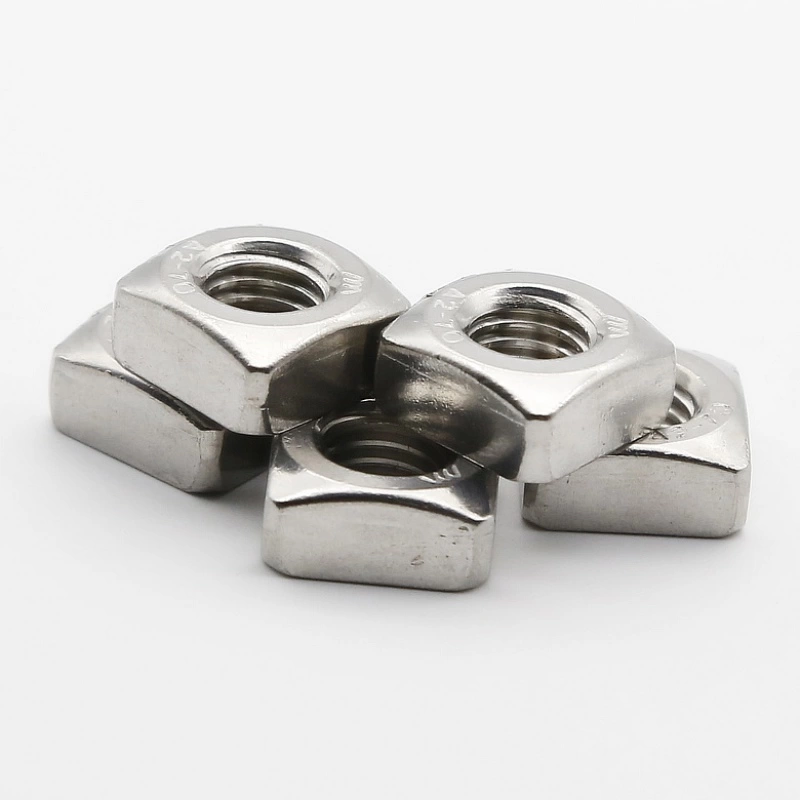

self tapping screw factory
Sep . 21, 2024 23:20 Back to list
self tapping screw factory
The Evolution and Significance of Self-Tapping Screw Factories
Self-tapping screws are essential components in various industries, providing a reliable method for fastening materials without the need for pre-drilled holes. The production of these screws has undergone significant evolution, leading to specialized factories dedicated to manufacturing high-quality self-tapping screws. This article explores the importance of self-tapping screw factories, their manufacturing processes, and their impact on modern industry.
Understanding Self-Tapping Screws
Self-tapping screws are designed to create their own threads when driven into materials, such as wood, metal, or plastic. This feature eliminates the need for a separate tapping process, making installation quicker and more efficient. Their unique design includes a sharp, pointed tip that allows them to penetrate the material and cut threads as they are inserted. This efficiency has made self-tapping screws a preferred choice in construction, automotive, and electronic applications.
The Role of Self-Tapping Screw Factories
Self-tapping screw factories play a critical role in the supply chain of fasteners. These factories are equipped with advanced machinery and technologies that allow for the mass production of screws in various sizes and specifications. The production process typically includes several stages raw material procurement, forming, threading, heat treatment, surface finishing, and quality control.
1. Raw Material Procurement Factories source high-quality materials, usually steel or stainless steel, ensuring durability and corrosion resistance.
2. Forming During this phase, raw materials are shaped into screw blanks using techniques such as cold heading. This method creates the basic shape of the screw, including the shank and head.
3. Threading The critical process of threading involves creating the helical grooves that allow the screw to grip the material. This can be done using various methods, including rolling or cutting.
4. Heat Treatment To improve strength and performance, screws undergo heat treatment. This process enhances the mechanical properties of the screws, making them more resilient to stress and fatigue.
self tapping screw factory

5. Surface Finishing To prevent rust and improve aesthetics, screws may be coated with materials such as zinc or black oxide.
Impact on Industry and Innovation
The significance of self-tapping screw factories extends far beyond mere production. They contribute to various industries by
- Enhancing Production Efficiency The fast and easy installation of self-tapping screws reduces labor costs and speeds up project timelines.
- Encouraging Innovation As industries evolve, the demand for specialized fasteners increases. Factories continually innovate, developing new screw designs to meet specific application needs.
- Promoting Sustainability Many factories are now implementing eco-friendly practices, such as recycling scrap metal and reducing waste, aligning with global sustainability goals.
- Supporting Local Economies By creating jobs and fostering skill development, self-tapping screw factories positively impact local communities.
Conclusion
Self-tapping screw factories are an integral part of modern manufacturing and construction. Their ability to produce reliable, efficient fastening solutions has revolutionized numerous industries, making them indispensable. As technology advances and the demand for innovative fastening solutions grows, these factories will continue to play a pivotal role in shaping the future of manufacturing. The evolution of self-tapping screws is a testament to human ingenuity, driving efficiency and precision in various applications.
Latest news
-
High-Strength Hot Dip Galvanized Bolts - Hebei Longze | Corrosion Resistance, Customization
NewsJul.30,2025
-
Hot Dip Galvanized Bolts-Hebei Longze|Corrosion Resistance&High Strength
NewsJul.30,2025
-
High-Strength Hot-Dip Galvanized Bolts-Hebei Longze|Corrosion Resistance&High Strength
NewsJul.30,2025
-
Hot Dip Galvanized Bolts-Hebei Longze|Corrosion Resistance&High Strength
NewsJul.30,2025
-
Hot Dip Galvanized Bolts - Hebei Longze | Corrosion Resistance, High Strength
NewsJul.30,2025
-
High-Strength Hot Dip Galvanized Bolts-Hebei Longze|Corrosion Resistance, Grade 8.8
NewsJul.30,2025

